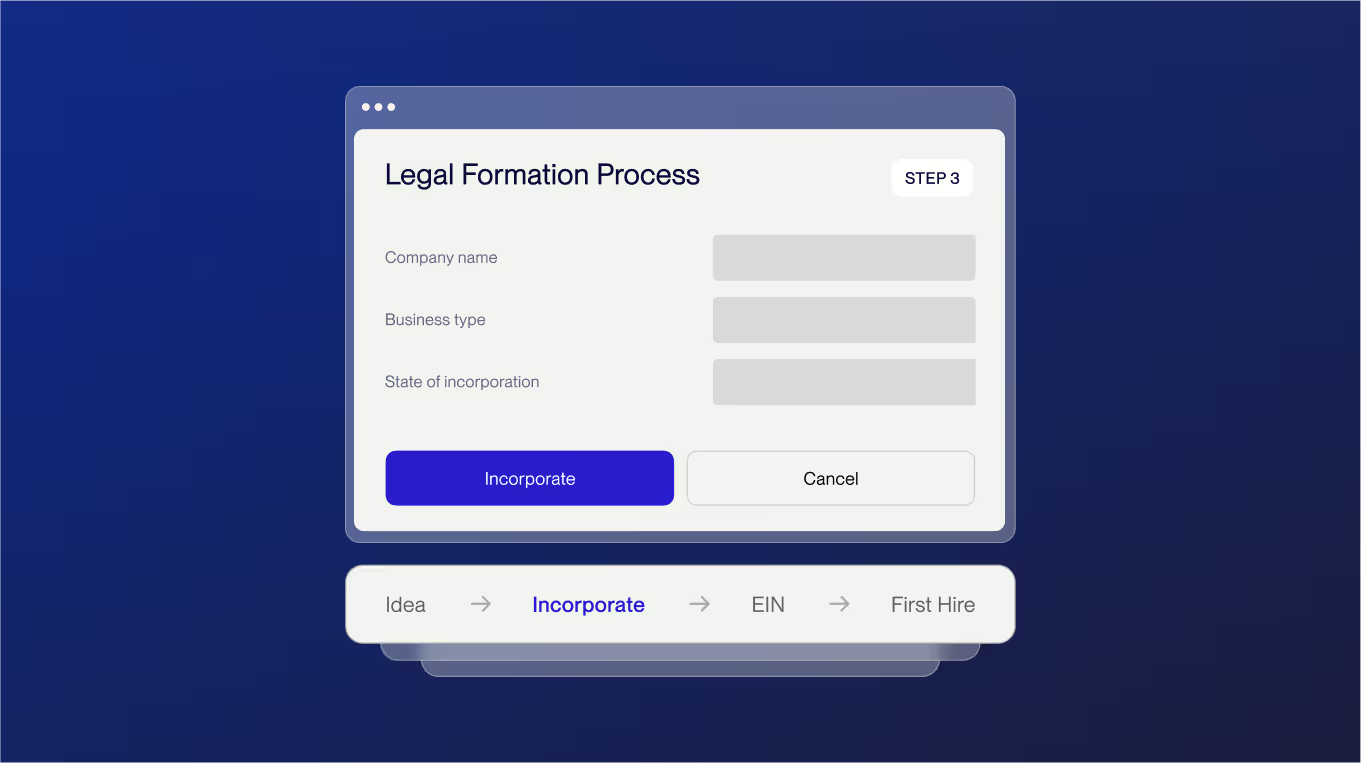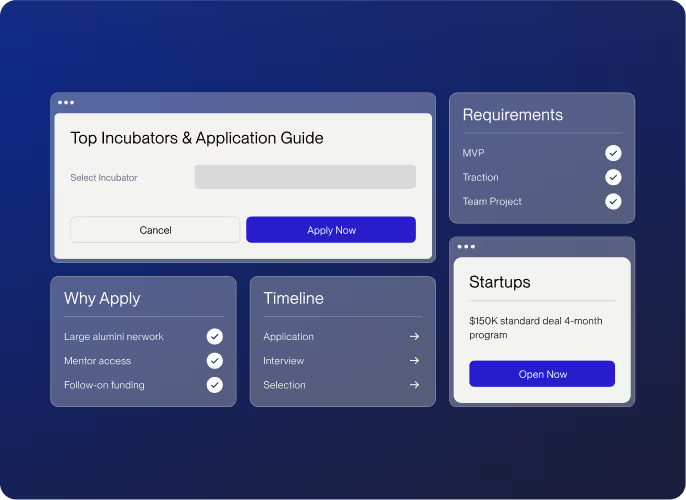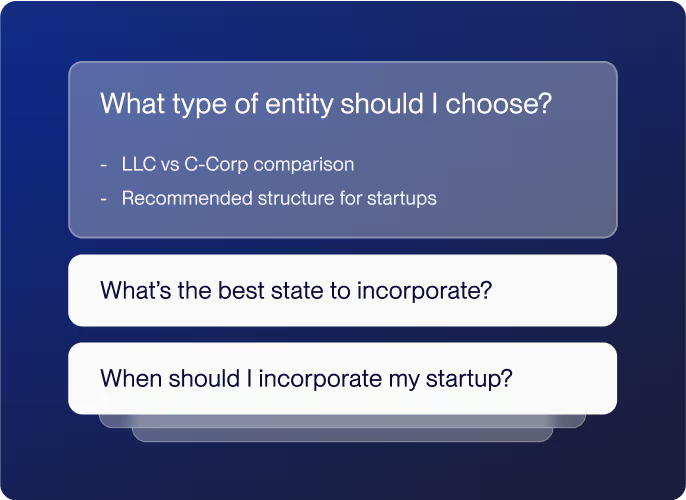You likely already know that you need to form a Delaware C-Corporation in order to receive investment, but you may be wondering "What do all of these formation documents that I'm being asked to sign actually mean?" or "Where can things go wrong in the incorporation process?"
This post is geared at companies creating a brand-new Delaware C-corporation that do not have an existing company in any other country. Note that a Delaware C-corporation is not the best legal entity for all companies. International founders in particular should review our international structuring guidance.
Why Incorporate?
Formal incorporation helps your company grow by (1) limiting your liability, (2) providing structure and (3) enabling venture-backed investment.
- Limiting your liability: Delaware C-Corporations provide you and other stockholders with limited liability, meaning you're generally not individually liable for the company's acts and obligations.
- Providing structure: A formal corporate entity allows you to enter into contracts with vendors and customers, and engage employees, consultants, and advisors more easily.
- Enabling venture-backed investment: U.S. investors are comfortable and familiar with Delaware C-Corporations, and some U.S. investors can only invest in Delaware C-Corporations.
Why a Delaware C Corporation?
While you have multiple options for incorporating in the US (such as LLCs, S-Corps, or C-Corps in other states), there are several compelling reasons why most startups specifically choose a Delaware C-Corporation:
- Investor Preference: Most VCs and angel investors strongly prefer or even require Delaware C-Corporations. Their investment documents are standardized for this structure.
- Flexible Ownership Structure: Unlike other entity types, Delaware C-Corps can issue different classes of stock (common and preferred) with different rights, which is essential for venture financing.
- Corporate Law Advantages: Delaware has the most developed and business-friendly corporate law in the US, with a specialized Court of Chancery that exclusively handles business matters.
- Scalability: C-Corps are the only entity type that can easily support future growth plans including multiple funding rounds, stock option plans for employees, and eventually an IPO.
- National Recognition: Delaware corporations are recognized and respected throughout the US, making it easier to do business across state lines.
- Tax Treatment for Investors: While C-Corps face "double taxation," this structure is actually preferred by most venture investors because it allows them to receive preferred returns.
Consider these things before you start
Make sure you are ready
Once you incorporate, you'll be on the hook for thousands of dollars in taxes and filing fees, so timing is crucial. Incorporating too early means unnecessary expenses when you could be conserving cash. Two common triggers that signal the right time to incorporate are: (1) getting an investor committed to funding your venture, or (2) securing your first customer contract that requires a legal entity to formalize the relationship. These milestones provide concrete validation that your business is ready for the formality and expense of incorporation.
Leave your job first
You must leave your current position before incorporating your new startup. The primary reason is intellectual property rights — most employment contracts have broad IP assignment clauses that could give your employer claims to your startup's IP. While there may be legal workarounds to this situation, they require careful navigation with an experienced startup attorney. It is very risky to try to figure this out on your own. For most founders, the decision to leave and incorporate a startup typically arrives at one of two critical moments: either when you've secured your first customer, or when an investor expresses serious interest. These triggers often provide the concrete validation needed to leave your former career behind and make the leap to being a founder.
Structure your stock to maximize your returns
Let's talk about structuring your founder shares strategically. While there are certain terms investors won't budge on — like a 4-year vesting schedule with a 1-year cliff — there's room to optimize the structure in your favor.
Here's a founder-friendly move that most investors will be okay with: the double trigger acceleration clause. This provision accelerates your vesting if two things happen: your company gets acquired, and you're terminated. Without this protection, you could find yourself pushed out with a significant portion of your equity still unvested. With it, you maintain leverage in acquisition scenarios and protect your upside. Smart investors understand and accept this term, so don't leave it on the table.
Overview of Incorporation Steps
- Filing of the Certificate of Incorporation with the Delaware Secretary of State
- Action of Incorporator appointing the initial board of directors
- Board resolutions regarding initial corporate maintenance matters
- Issuance of stock to founders
- Assignment of intellectual property by founders
- Stockholder resolutions regarding initial corporate maintenance matters
- Creation of Stock Plan (optional at formation, but will need to be created before issuing equity to service providers)
{{get-started-banner}}













